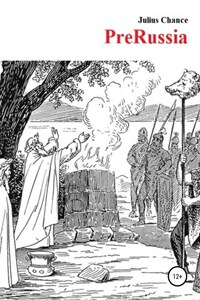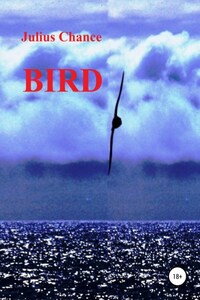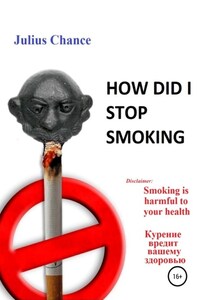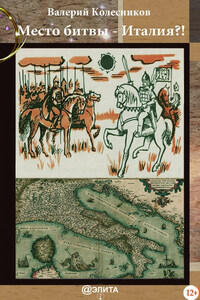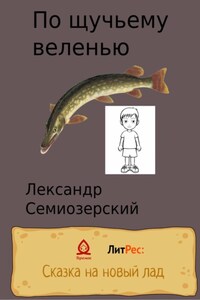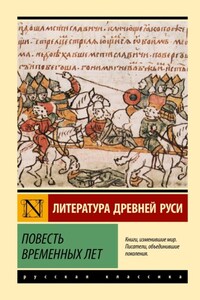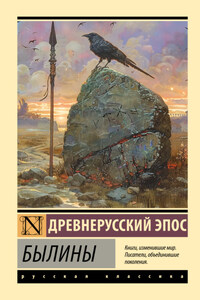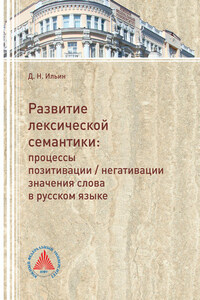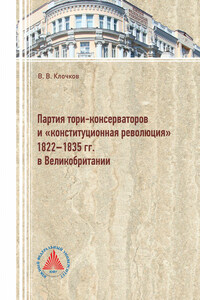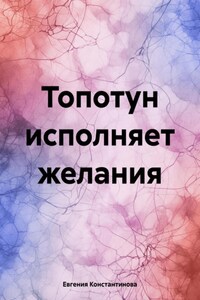For a couple of decades, scientists have been arguing with unprecedented passion about when Russia arose, the Slavic race and the Russian ethnos were formed. There are several main hypotheses at once with solid ground each. Some of them contradict, while others rather complement each other. Historians still cannot agree on a single opinion. However, most of them agree on one thing – millennia of the fascinating history of Russia have hitherto been hidden from the Russian people and many facts have been deliberately distorted. Let's look at the most common and well-reasoned of these hypotheses.
The first Russian chronicle "The Tale of Bygone Years" was written by the monk Nestor in 1110-1118 in the Kiev-Pechersk Monastery. The monk proceeded from both oral traditions passed down from generation to generation and historical written sources in the monastery itself, comparing and verifying them against each other. The monk narrated events from biblical times to 1113. The linguist Shakhmatov revealed that this chronicle had predecessors. However, this is the first reliably confirmed Russian chronicle. It was rewritten several times, the original was lost. Shakhmatov, not without reason, believes that in the course of rewriting significant changes were made to the chronicle. Indeed, after the death of Prince Svyatopolk Stanislavich in 1113, the monk Sylvester from the Mikhailovsky Vydubitsky monastery rewrites the "Tale of Bygone Years" (bringing the story to 1117) in order to substantiate the claims of Monomakh, married to the daughter of the last Anglo-Saxon king Harald, to the grand ducal throne. The gaps in the narrative were filled with info from Byzantine chronographs such as George Amartol and from folk legends (for instance, from the story of Olga's revenge on the Drevlyans)1, as well as from English sources2.
The oldest copy of Nestor’s chronicle that has come down to our days is the Laurentian manuscript of 1377, named after its creator Monk Lavrentius, to which he added a chronicle of North-Eastern Russia’s events before 1305. The book is written on a "charter" – a parchment made of specially treated calfskin. The chronicle was written either in the Nativity Monastery in the city of Vladimir or in the Annunciation Monastery in the city of Nizhny Novgorod. A later Ipatiev’s manuscript, discovered at the beginning of the XV century by a historian N.M. Karamzin in the library of the Ipatievsky Monastery in the city of Kostroma, is valuable for its description of events in Kiev, Galich and Volhynia before 1292. There are several other rewritings of Nestor’s chronicle as well.
According to the" Tale of Bygone Years", Russia, as a state, arose in 862, when the leaders of the Russian tribes called a Varangian (a Viking) – the Scandinavian Prince Rurik to rule. According to the chronicle, such a step was taken in order to stop the endless internecine struggle of the leaders of Russian tribes for leadership, because the foreign ruler equalized them all, so that no one was particularly offended. This allowed forcing everyone to obey and, thus, restore order in the Russian lands. We must note here, that till that event, Russian land did not bear the name of Russia. It was a union of several Slavic tribes or rather countries.
The chronicle entry for 862 says: "[The Prarussians] drove the Varangians out over the sea and did not give them tribute, and began to rule themselves on their own. And there was no truth among them, and some clans arose against other clans, and there was strife among them, and they began to fight with themselves. And they said to themselves: ’Let's look for a [foreign] prince who would rule us and judge us rightfully'. And they went across the sea to the Varangians (…). Those Varangians were called Russ, just as others are called Swedes, and some Normans and Angles, and still others – Gotlanders (…). Chud, Slavs, Krivichi and all [other tribes] said to Russ: 'Our land is great and abundant, but there is no order in it, so come in to reign and rule us'".
That is, as follows from the chronicle record, the Varangians initially came to the Prarussian tribes to impose tribute on them, but were defeated and driven away. And then our ancestors turned to another tribe of Varangians (logically not to the one that attacked them), which was called "Rus", which later gave the name to the entire Russian state.
The artist Vasnetsov V.M. in 1909 captured on canvas his vision of the moment of Rurik's meeting in the painting "The Invitation of the Varangians":
The image from https://ru.wikipedia.org. According to international and Russian legislation it is free from licensing restrictions on publication as more than 80 years have passed since the author's death in 1926.
Rurik (Rorik) of Jutland (a peninsula in Denmark) came with his squad and two brothers. "And the eldest, Rurik, settled down in Novgorod, and Sineus in Beloozero, Truvor in Izborsk". Since the names of the brothers Sineus and Truvor sound exotic even for the Varangians, there is an opinion that they are the phrases (distorted by the chronicler) from the old Norman language “sine hus” and “thru varring”, which mean “with their home” (with relatives and servants) and a “loyal army”. Rurik really managed to stop internecine princely wars, unite tribes and principalities, and restore order.
All theories about the origins of Russia can be divided into three groups. Those which assert that Rurik was a foreigner from Scandinavia and that it was he with his squad and retinue who formed the state of Russia from "unorganized" Slavic tribes, are called a "Norman" group. The Normans are a generalized name for the neighboring Scandinavian peoples in the Northern Baltic States – the Swedes, Danes and Norwegians, who ravaged Western Europe and Eastern Slavic lands with sea robber raids from the VIII to the XI century. Therefore, the "Norman" group is divided into three almost identical versions, which differ mainly by whether Rurik was a Swede, a Dane or a Norwegian.
The dashing "raiders" from across the sea were called either Vikings or Varangians. Some historians consider these words synonymous. Others believe that the Vikings are sea robbers who, unlike pirates, did not rob ships, but neighboring countries. They say that the Varangians were not robbers at all, but the defenders of their commercial business (for example, on the trade route "from the Varangians to the Greeks") or military mercenaries in various countries including in Byzantium and Russian principalities. The chronicle however says that it was the very Varangians, not the Vikings who raided and tried to impose tribute on Russia. So, there was a very fine line between Vikings and Varangians at that time. The hypotheses claiming that Rurik was a Slav, just from an overseas tribe, or that Russian statehood was formed long before the arrival of Rurik, belong to a "
